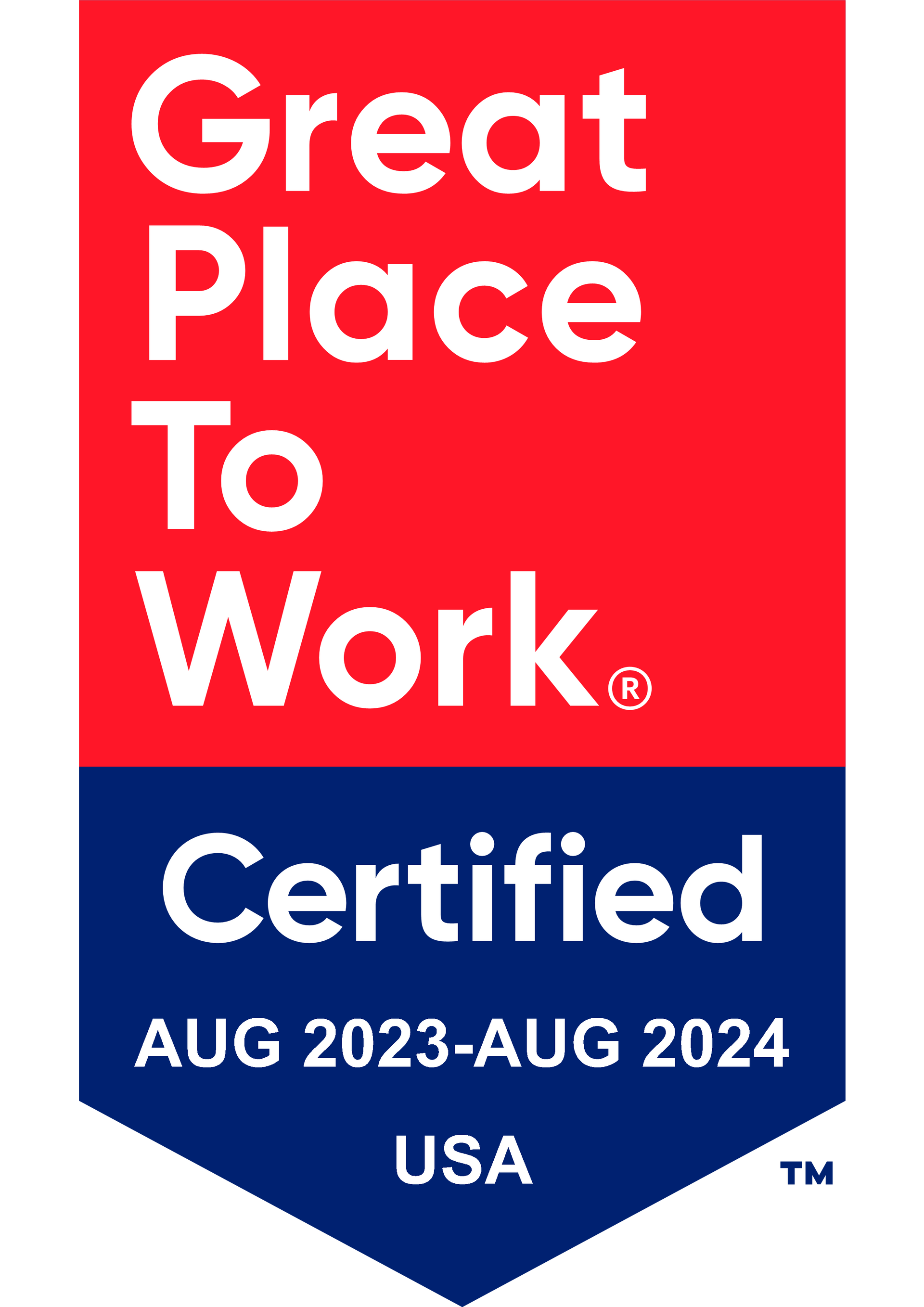Get in touch
408-366-8880
mymail@mailservice.com

How to Avoid Employment Lawsuits with an Employee Benefits Compliance Strategy

A well-designed employee benefits compliance system ensures employees receive their rightful benefits while reducing legal risks to your business. Let’s discuss how to develop an effective employee benefits compliance strategy.
For more personalized insights and assistance, reach out to KBI Benefits today.
Set Clear Documentation and Communication Protocols
A comprehensive employee benefits compliance strategy starts with comprehensive documentation and clear communication. Employers should maintain detailed Summary Plan Descriptions (SPDs) and other key documents outlining benefit procedures and employee rights.
Regular communication about benefits and obligations is crucial. Providing required notices to employees—such as COBRA notifications, HIPAA privacy policies, and Summary of Benefits & Coverage (SBC)—via email and mail ensures that your business is performing its due diligence in keeping employees informed.
Implement Robust Fiduciary Management
Fiduciary responsibilities are the foundation of any benefits compliance strategy. Plan administrators must act prudently, putting participants' best interests first. This involves ensuring promised benefits are delivered, conflicts of interest are avoided, and fair procedures are in place.
Regular audits and transparent processes build trust and ensure financial stability. Effective fiduciary management not only minimizes financial loss and litigation risks but also safeguards organizational and employee interests.
Maintain Comprehensive HIPAA Compliance
Protecting employees' personal health information is critical. Adhering to HIPAA standards involves implementing privacy policies, securing Protected Health Information (PHI) with measures like encryption, and regularly updating practices to counter new threats.
HIPAA compliance should include regular employee training and documentation of security protocols. This demonstrates organizational commitment to safeguarding sensitive information and ensures readiness for audits or investigations.
Monitor ACA Requirements and Reporting
Applicable Large Employers (ALEs) must comply with the Affordable Care Act (ACA) by tracking employee eligibility and health coverage offerings. This includes managing accurate records for ACA notices, like the Employee Notice of Exchange, and ensuring ongoing eligibility checks for full-time employees.
Precise 1095-C reporting not only helps avoid penalties but also provides robust evidence of compliance during audits. Proactive monitoring of ACA requirements saves costs and protects the organization from legal challenges.
FAQs
How often should employers revise their benefits compliance program?
Annual reviews are critical, with quarterly updates for areas like ACA reporting or HIPAA compliance. Major legal or policy changes may require immediate adjustments.
What records should employers retain for benefits compliance?
Employers should securely store COBRA notifications, HIPAA privacy documentation, ACA-related reports, and plan-related materials. This ensures transparency and supports legal defense if needed.
How can employers effectively communicate benefits to employees?
Providing clear, accessible information in writing, electronically, and during scheduled meetings is key. KBI Benefits makes employee benefits communication simple by providing user-friendly online benefit portals for employees to use.
How does employee feedback fit into the compliance strategy?
Employee input identifies potential compliance gaps and enhances benefit communication. Surveys and open complaint channels ensure the organization stays aligned with employee needs.
Conclusion
A well-structured employee benefits compliance strategy not only minimizes legal risks but also fosters trust and satisfaction among employees. By proactively managing fiduciary responsibilities, distributing essential notices, and maintaining compliance with HIPAA and ACA regulations, organizations can enhance workplace morale and create a culture of transparency and respect.
Compliance is an ongoing process. Investing in regular audits, updates, and clear communication pays dividends in reducing litigation risks, improving employee relations, and promoting organizational success. Speak with a KBI Benefits compliance expert today to learn more.
Services
Latest Thinking



